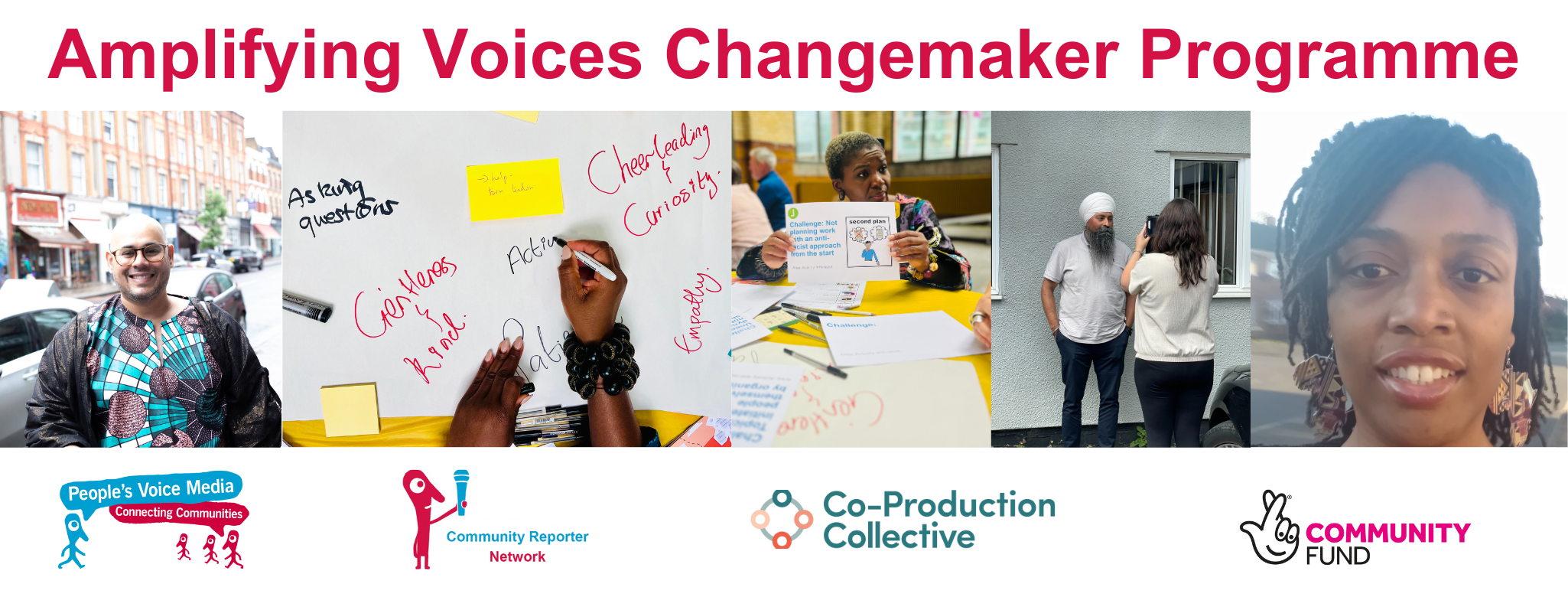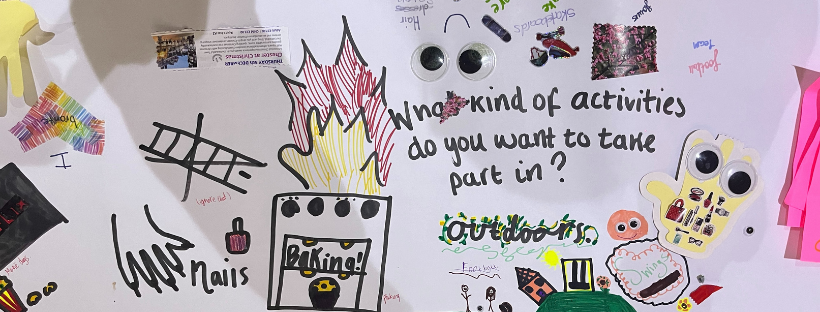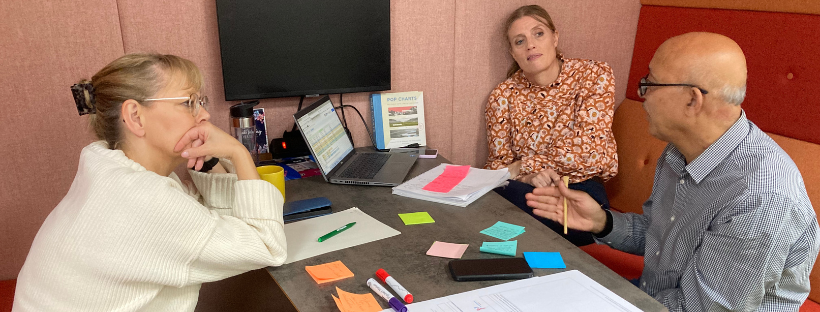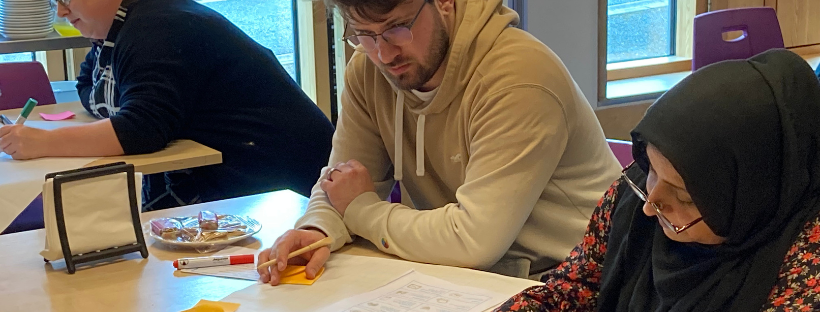UNDERSTANDING ANTI-RACISM IN CO-PRODUCTION SPACES: CENTERING THE VOICES OF RACIALISED INDIVIDUALS
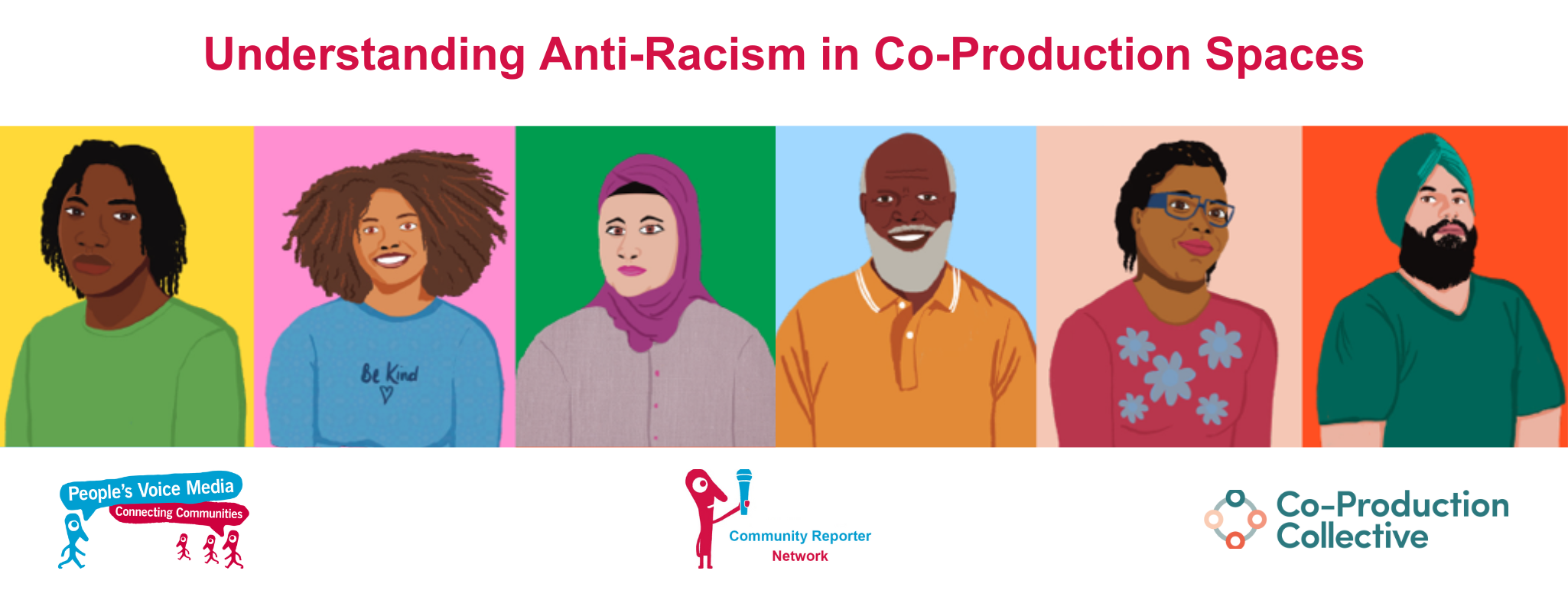
In this blog Isaac Samuels introduces key themes and recommendations from the ‘Understanding Anti-Racism in Co-Production Spaces’ report supported by us and People’s Voice Media
Over the past year, myself (Isaac Samuels) and Samantha-Jane Ofoegbu have been on a deeply emotional and transformative journey, exploring the experiences of individuals from racialised backgrounds involved in co-production. This journey has shed light on the unique challenges, inequities, and at times, painful realities that emerge in these spaces. We have seen that co-production, though considered to be collaborative and equitable, can too often become a space where systemic racism is perpetuated.
As part of this work, we’ve gathered over 30 personal stories and produced an insight report that brings to the forefront the voices of those too often overlooked in these processes. Through numerous sense-making workshops, we have collectively explored the key findings, delving into how we can reshape these spaces to create more inclusive experiences for individuals from the global majority.
It’s fair to say that co-production is not immune to racism. It is, in fact, a space where inequities often play out, consciously or unconsciously. This was made all the more apparent during our two “Conversations of Change,” where we invited people to respond to our initial findings and offer their insights on what we, as a community, can do to increase inclusivity. The stories shared during these conversations, were both heart-breaking and all too familiar to those of us from racialised backgrounds.
One comment that has stayed with me is:
“You can’t do co-production without talking about racism.”
This simple but powerful statement speaks volumes. Co-production is meant to break down barriers and foster collaboration, yet without addressing racism head-on, we risk replicating the very hierarchies we seek to dismantle. True co-production must start with an honest conversation about race and power.
Want to find out more about this project, including the list of recommendations that emerged from this piece of work? Visit the Co-Production Collective Blog here.
Thank you to People’s Voice Media, Co-Production Collective and everyone from the global majority community who took part in this work for their support and commitment to this project. Thanks also to Kareen Cox of Absolutely Kareen for her illustrations that help us bring the report to life. For further infotmation please contact Co-Production Collective via email on coproduction@ucl.ac.uk and People’s Voice Media via email on enquires@peoplesvoicemedia.co.uk
